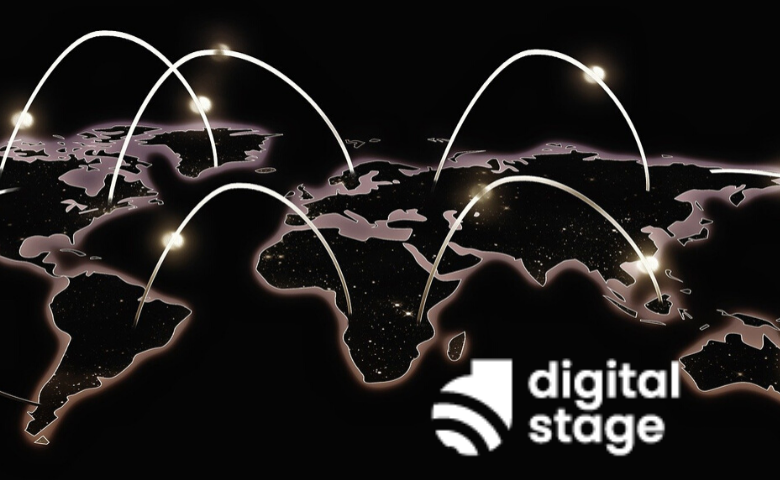The COVID-19 pandemic has had a huge impact on musicians and music students across Europe and the world. Deprived of the possibility to meet physically, many musicians tried to make music online, alone but also together. Many of them tried video conferencing tools, quickly realising that these are speech-optimised and not music-optimised. Also, latency issues make it difficult if not impossible to rehearse or perform together. Others tried specialised programmes such as SoundJack, Jamulus or Jamkazam which allow real-time music ensemble performances online up to a certain point. However, these tools require high technical skills and only work for small groups of people. Some Music HEIs are lucky enough to have a LoLa (Low Latency AV Streaming System) equipment and connection, allowing low latency connections between up to three remote places. However, most of them couldn't be used during the pandemic since people were no more allowed to gather in buildings.
A group that won the wirvsvirus.org – Hackathon of the German government identified the issue of how musicians could properly rehearse and perform online. This group is currently working on a solution called digital-stage.org. Digital Stage will offer browser-based access (digital stage web) as well as an app-based solution (digital stage pc) offering additional options in a more flexible way, and a 'box version' based on the use of an independent hardware device and thus offering the best results in terms of latency. Whilst the first two options will be free for members of performing arts organisations and institutions, using the hardware solution involves additional, albeit reasonable costs.
What are the main differences between Digital-Stage.org and other programmes?
- Technically, latency is reduced through using local servers, intelligent routing of streams and prioritising of important audio and video data. Therefore, Digital Stage should be useable also with bigger ensembles.
- The browser-based version 'digital stage web' can be used without any technical knowledge or additional equipment, the use of cable (ethernet) connection and external audio interface are recommended (as usual).
- On the long run, the option to add 3D audio and virtual acoustic rooms is envisaged.
- There will be a tool that offers the possibility to sell tickets (paywall), so that performances can also be income-generating.
So, if you are looking for an option that will allow you to make music together with musicians in remote places, digital-stage.org may be what you need.






